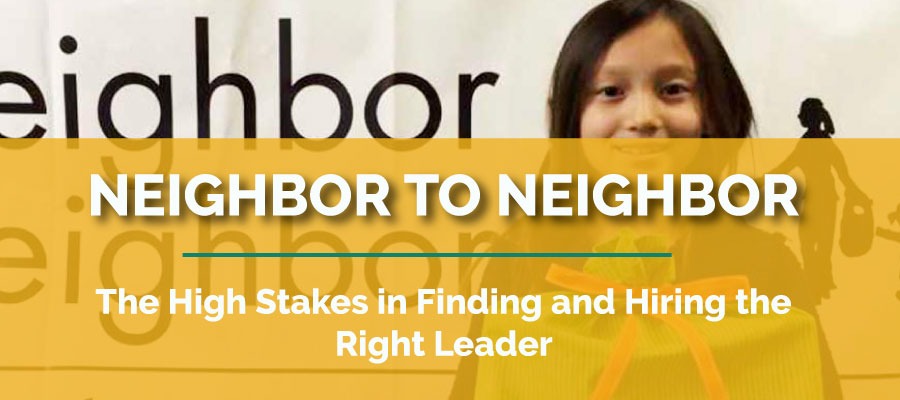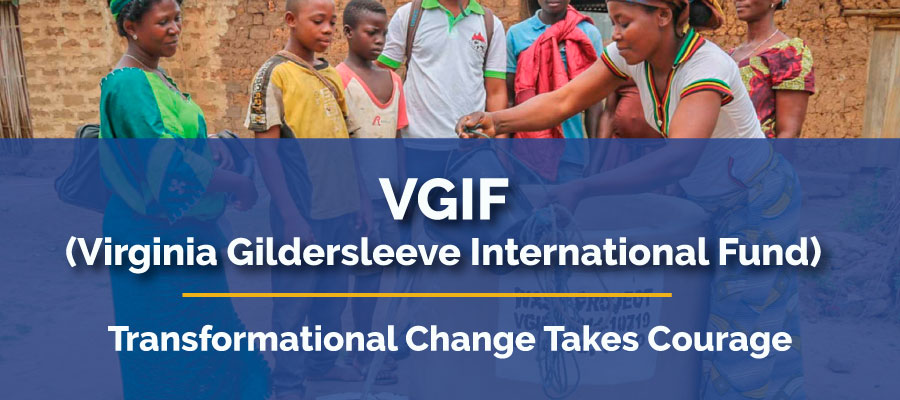
A Historic Merger
THE CHALLENGE
A merger focused on tackling food insecurity
in the State of Connecticut
Connecticut Food Bank and Foodshare were two strong, financially solid organizations who together served all eight counties in the State of CT. The two organizations had complementary missions and a history of working together well. Both food banks are currently members of Feeding America – the leading national anti-hunger organization. In 2020, Connecticut Food Bank found itself in the midst of a leadership transition and the two organizations decided the time was right to start serious merger discussions.
At the onset, the merger team was clear that decisions would be based on data and on how to best address food insecurity in the state. As Jason Jakubowski, President and CEO, stated quite clearly early in negotiations: “We are dedicated to doing this right.”
The Strategy Group (TSG) was hired to facilitate merger discussions and to help map out what a new organization could look like. The process came down to listening, learning, visioning, deciding, and moving forward. Over and over again.
There is both a science and an art to mergers. The conversations can be hard and sensitive. “It’s really a lot like dating,” Jakubowski said. “At first, there is a mutual attraction and after a while it starts to get serious. And until the board votes actually occurred, there were times I wasn’t sure it was going to be a done deal.” It all came back to the mantra of greater impact with sustained efficiencies.
THE PROCESS
COVID’s silver lining
This merger was born in COVID, and negotiations were all done via Zoom. Getting people from all parts of the state together can be tough, but attendance at our standing Wednesday morning meetings was outstanding as well as the numerous due diligence committee meetings held over the nine-month period. The pandemic and Zoom calls actually may have facilitated an easier merger process, saving miles of travel time for the representatives of both companies.
Phase 1: Organizational Scan
TSG talked with key stakeholders who had a vested interest in Connecticut Food Bank and Foodshare. Key stakeholders include all board members, staff leadership, top donors, and community partners. The goal was to advise them of the merger conversations and to gauge their input on (1) what makes the organization a strong merger partner, (2) what the organization may gain or risk with a merger, and (3) what are the organizational expectations from a merger.
Phase 2: Exploration
The exploration stage started with the establishment of a merger committee with staff and board representatives from both organizations. The merger committee investigated merger options and identified the merger type that best fit the needs of both organizations. The last step was developing a letter of intent for board discussion and approval.
Phase 3: Negotiation
Phase began with comprehensive due diligence. Sub-committees were responsible for reviewing issues related to the following:
- Financial
- Fundraising
- Governance
- Human Resources
- Legal/Regulatory/Insurance
- Partner Agency Network/Non-Food Programs
- Operations/Food Distribution
In the negotiation phase, the merger committee drafted a joint operating plan, which when used correctly will be an adaptive road map for organizational development. The last step in the negotiation phase was to create a partnership agreement for board approval.
Phase 4: Implementation
Once the merger has been approved, the real work begins. What the merger committee will have discussed and decided on key elements in the operating plan and partnership agreement, the details of the plan may be challenging. TSG consultants will work with the new entity to implement the new operating plan as smoothly as possible.
“There are a lot of people who spent a lot of time making this merger possible, but I can say with complete confidence that it simply would not have happened without Debra and her team at The Strategy Group. They didn’t arbitrate or referee; instead, they facilitated a collaborative process that ultimately resulted in one of the most high-profile non-profit mergers in Connecticut history. It was a pleasure to work with them.”
Jason Jakubowski | President and CEO, Connecticut Foodshare

CONSIDERATIONS
It takes time
Being a partner in the success of the Connecticut Foodshare merger has given TSG the unique opportunity to share with other nonprofits key insights and experience about nonprofit mergers. Some key learnings and important takeaways from the merger:
Clarifying the “why” you are merging should be aligned with board and staff around the vision.
Without alignment, precious time and energy will be expended to establish alignment with each partner organization. In the case of the Connecticut Foodshare merger, it was clear from the onset that the goal was to increase impact in addressing food insecurity throughout the State of Connecticut.
It is easy to focus on policies and procedures when combining two organizations, but culture should be a first priority. Culture integration requires intentional thought, tools, and work so as to not fall into the “us” vs. “them” trap. One of the first things President and CEO Jason Jakubowski post-merger was assemble a team of eight employees from both organizations to craft a new mission, vision, and values for board review.
Communication is so important. Mergers are emotional and fraught with a lot of feelings, and you can’t gloss over the tough stuff. The more that can be shared early and often, the easier the process will be.
Documentation (for your financials, audit, etc.) is a big part of a merger and having legal counsel ready and available for each check point will prove invaluable for keeping the process on track. Connecticut Foodshare felt the one thing they might do over is to engage lawyers earlier.
There will be those who are comfortable with innovation and change, and those who are less able to move forward when the new organization emerges. It’s OK to “bless and release” board members and staff who might be holding the team back. Connecticut Foodshare saw some staff members not want to make the commute to the new location, and one or two board members resign. In many ways, this made the organization stronger.
The process is hard and often includes loss and grief. Allow yourself to experience the highs and the lows as they come. In the case of Connecticut Foodshare merger, working to align around a singular strategic mission was hard and what was key to success was that each nonprofit stayed dedicated to the process. It was at times frustrating, and egos had to be checked at the door.
While mergers may save money down the line (for example, having one CEO rather than two, combining back-office functions, streamlining insurance plans, and more), there are many upfront expenses to be factored in. Click here to see a sample of the costs from the Connecticut Foodshare merger.
Take the time to get to know each other. Be willing to explore options and see potential in the possibility. When lower levels of trust exist, engaging an outside consultant can be very valuable to help the organizations build the trust necessary to continue partnership discussions.
THE OUTCOME
Making a bigger impact
After nine months of intensive conservations and due diligence, the boards of directors of Connecticut Food Bank and Foodshare voted to merge in January 2021. This union represented the largest nonprofit (non-health care) merger in the State of CT. By leveraging resources and realizing economies of scale and other operational efficiencies, there has been an estimated cash savings of close to $2,000,000 annually.
It all comes down to mission. The most important mark of success with this merger has been increased impact in addressing food insecurity throughout the State of Connecticut. Since merging, Connecticut Foodshare has focused on addressing hunger more effectively, providing additional support to a network of more than 700 community partners, and integrating its systems and programs. During the pandemic, Connecticut’s food insecurity grew by an estimated 14%, to more than 490,000 people, including 131,000 children. As a combined food bank, Connecticut Foodshare distributed food for nearly 47 million meals in its first year of operation. The Strategy Group continues to support Connecticut Foodshare annually with leadership development and merger implementation.




